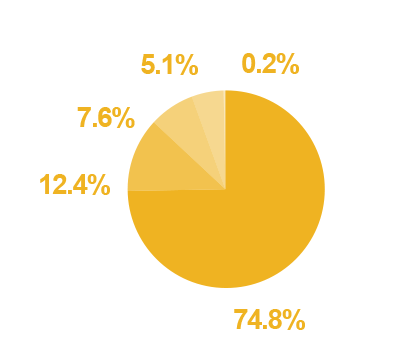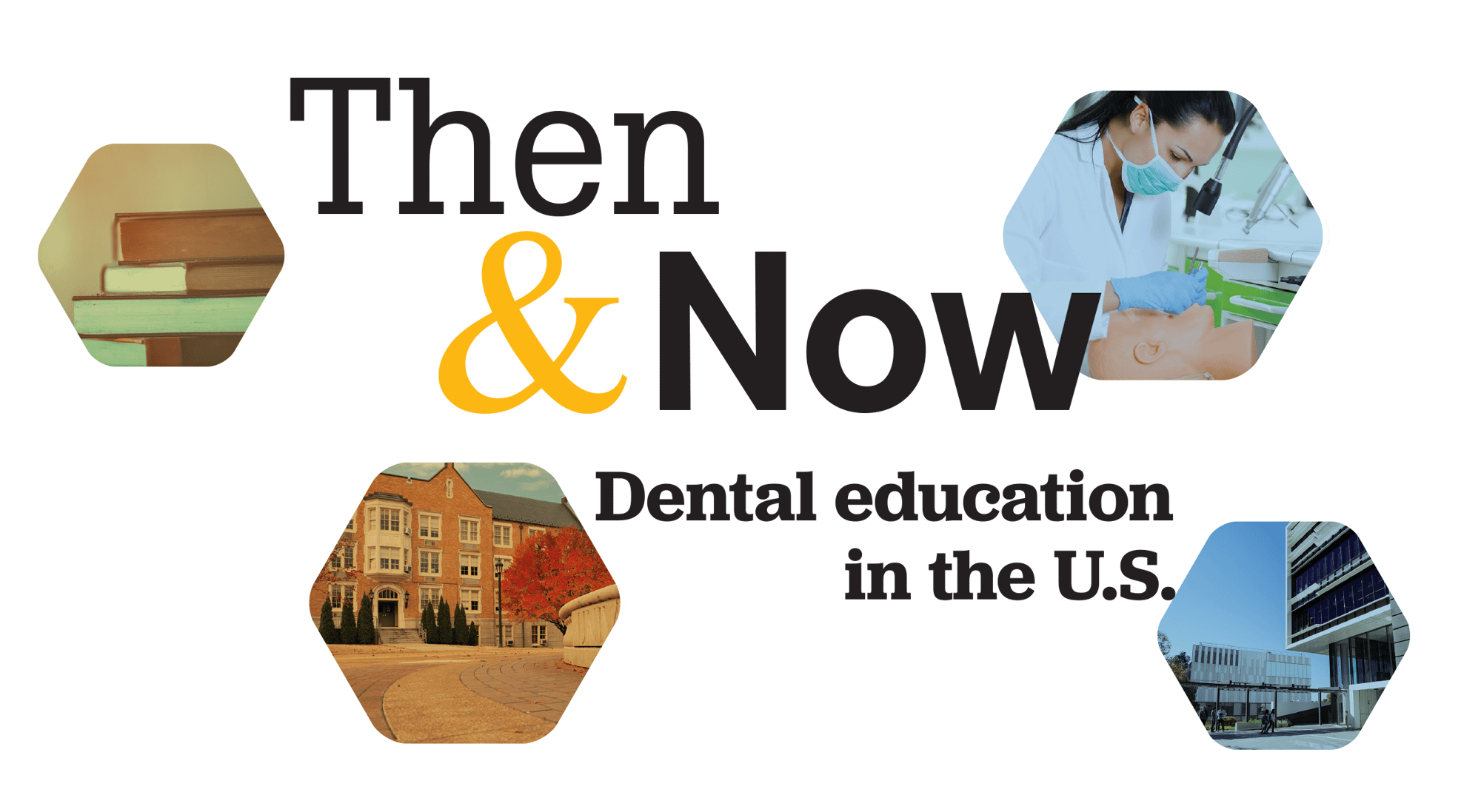
Dental education is getting more expensive. Graduates are taking on more debt. Dental schools are also becoming more diverse, with more women and a growing number of racial and ethnic minority groups pursuing dentistry.
From costs and demographics to advanced education programs and dental licensure exams, dental education in the U.S. continues to evolve. The ADA News examines at how dental schools, dental students and their experiences look today, and compares them to how they were in decades past.
Average cost of four years of dental school
THEN
Public schools in 1969-70:
$42,618
Private schools:
$84,768

NOW
Public schools as of 2019-20:
$205,019
Private schools:
$335,536
Average student debt
Number of dental students
THEN
16,555 Enrolled in the 1969-70 academic year

NOW
25,995 Enrolled in the 2020-21 academic year, the most ever
Female graduates
Racial diversity
Number of dental schools
Number of international dental graduates
admitted to U.S. dental schools
Gender breakdown of dentists pursuing
advanced dental education programs
THEN
NOW
Mean GPA of dental school applicants
National Board Dental Examinations
THEN
In 1938,
11
states accepted
the results of the NBDE
In 1960,
33
NOW
By 1990,
ALL U.S. licensing jurisdictions
accepted the NBDE
Nonpatient-based dental licensure exam
THEN
1
STATE
In 2010, only Minnesota accepted the Canadian OSCE, a nonpatient-based dental licensure exam. It was only acceptable for University of Minnesota dental school graduates or Canadian dentists applying for licensure.
NOW
21
STATES
As of July 2021, 21 states and the District of Columbia accepted a manikin-based licensing examination.
Six states have also fully or partially adopted the Dental Licensure Objective Structured Clinical Examination, or DLOSCE, which utilizes 3D models to assess candidate’s clinical judgement and skills.
Clock hours
THEN
1999-2000 school year
267,318
total clock hours, an average of 4,860 per program.
NOW
2018-19 school year
339,728
total clock hours, an average of 5,308 per program.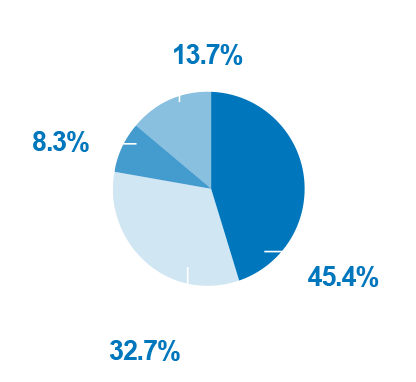
ADA Library & Archives, Health Policy Institute, American Dental Education Association, CODA, Joint Commission on National Dental Examinations, Council on Dental Education and Licensure.
Temple University dental students courtesy Dr. Jay Freedman, University of Oregon Dental School Historical Collections and Archives, Petrified Collection/Stockbyte/Getty Images, Sshepard/E+/Getty Images, Ancika/iStock/Getty Images Plus, zoranm/iStock/Getty Images Plus, werayuth/iStock/Getty Images Plus


